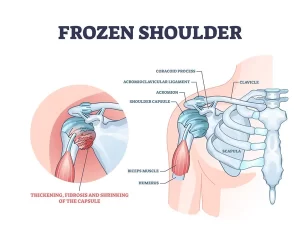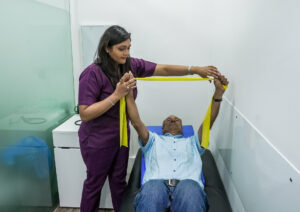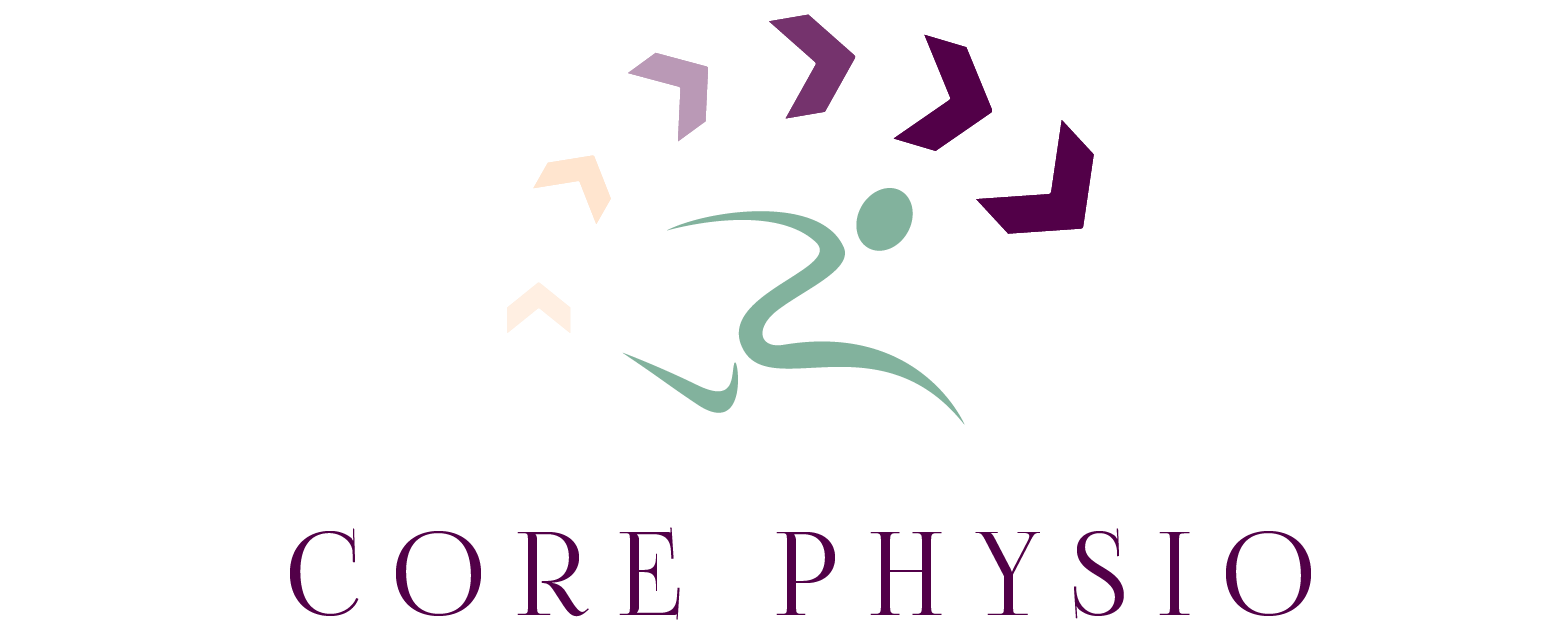What is Frozen Shoulder?
Frozen shoulder is a painful shoulder joint condition. In medical terminology it is called “adhesive capsulitis”. Similar to a capsule tablet, there is a capsule that surrounds the shoulder joint. With frozen shoulder, the capsule the shoulder joint begins to experience chronic inflammation and tightness. This causes the capsule around the shoulder joint to become limited in its flexibility. This causes very painful range of motion in the shoulder when trying to move the arm.


At the beginning of frozen shoulder, it is very painful and range of motion becomes limited. This can be around 4–8 weeks in duration. After that, the pain reduces but the motion is very limited in the shoulder. Depending on the severity of the condition, it can take sometimes up to a year to resolve and improve range of motion.
How frozen shoulder exactly begins is still a bit of a mystery, however, it typically occurs after a trauma or repetitive injury to the shoulder. Women in the pre and post–menopausal age range are more likely to experience frozen shoulder, however men can also experience frozen shoulder.
Lorem ipsum dolor sit amet, consectetur adipiscing elit. Ut elit tellus, luctus nec ullamcorper mattis, pulvinar dapibus leo.
How physical therapy can help you
Natural course of recovery of frozen shoulder can vary between 1-2 years, however there can be scarring and some limitation in the shoulder movement. With the help of Physiotherapy, the recovery time is faster in frozen shoulder (adhesive capsulitis). By coming to therapy as early as possible, the inflammatory cycle can be significantly reduced, limiting scarring and further contraction of the shoulder capsule. In turn, physical therapy, along with medication can limit the pain and ensure a faster recovery.


Our physical therapists work with many frozen shoulder patients with the goal to reduce pain quickly and restore range of motion to the shoulder. Physical therapy treatments focus on pain management, hands–on mobilization and gentle exercises to maintain as much range of motion as possible during the inflammatory phase of frozen shoulder. During the later phase we work vigorously with you to improve range of motion in your shoulder and restore strength.
Call us today to find out how we can help you relieve your frozen shoulder pain!

